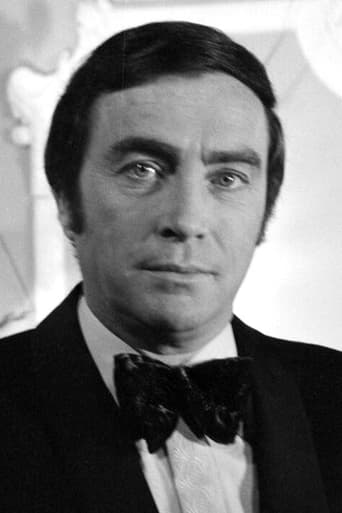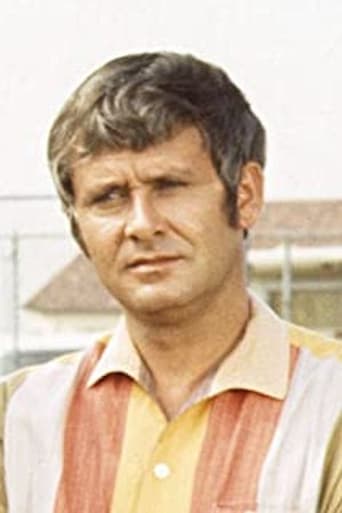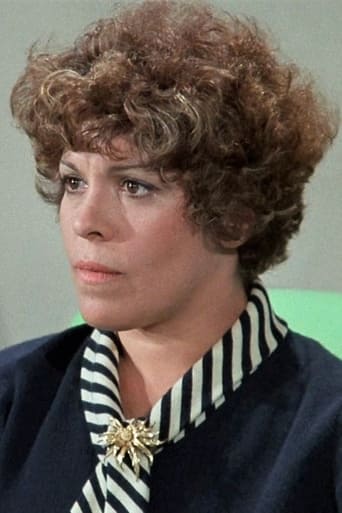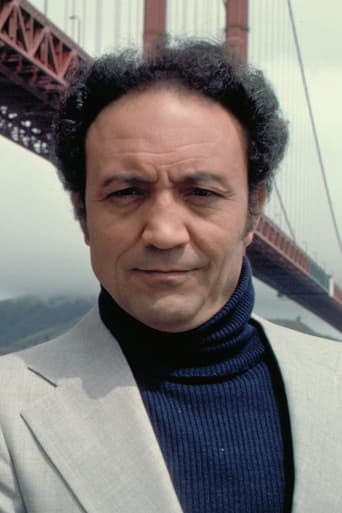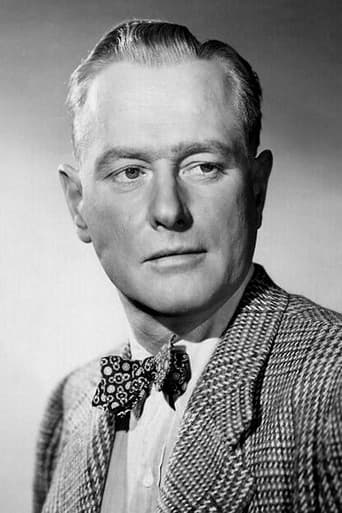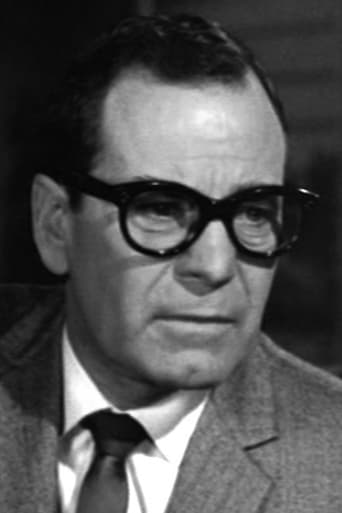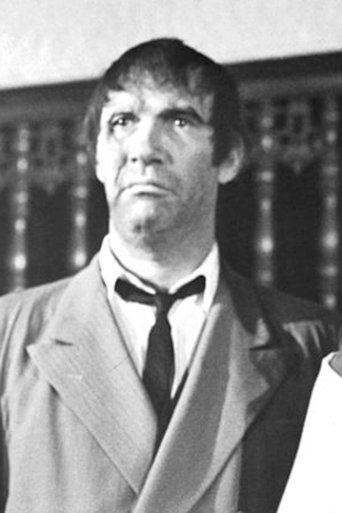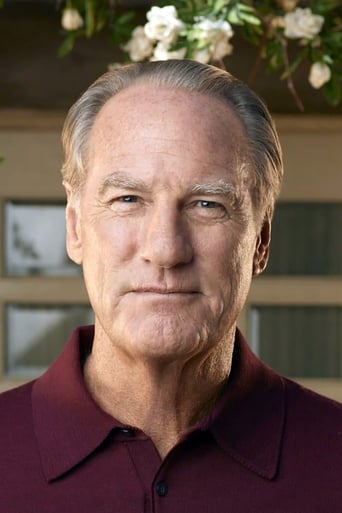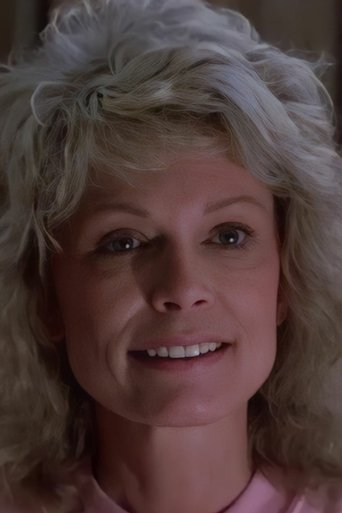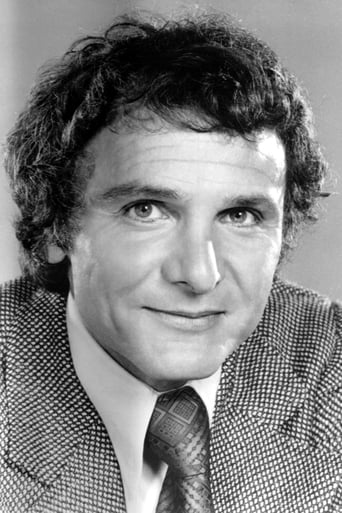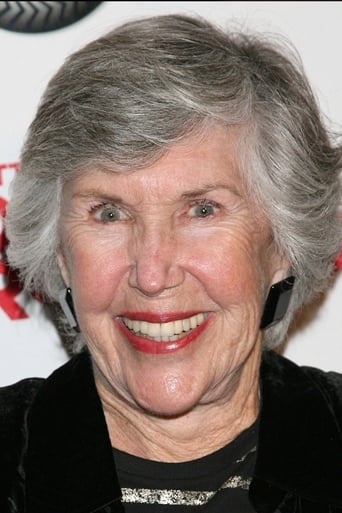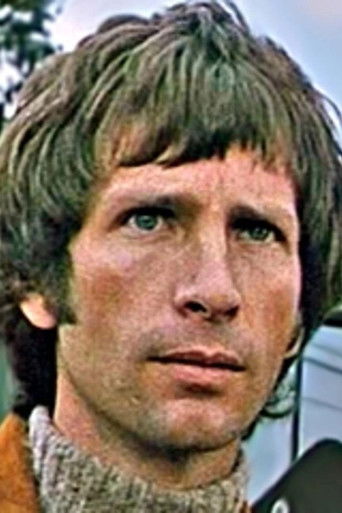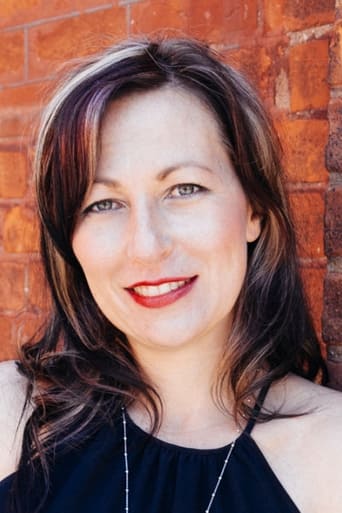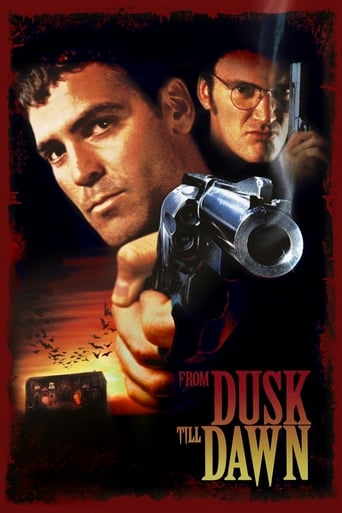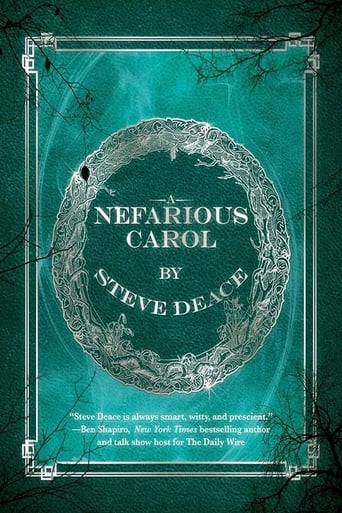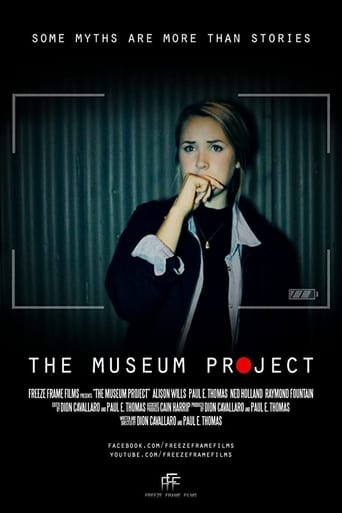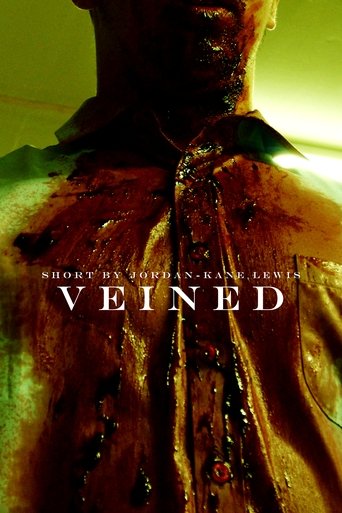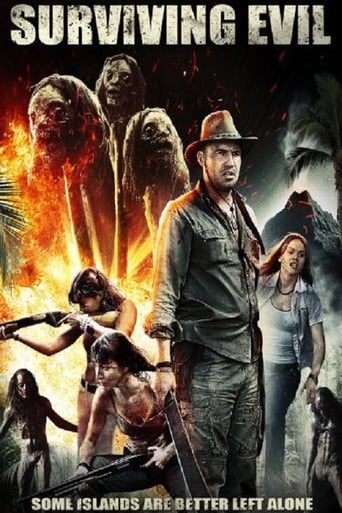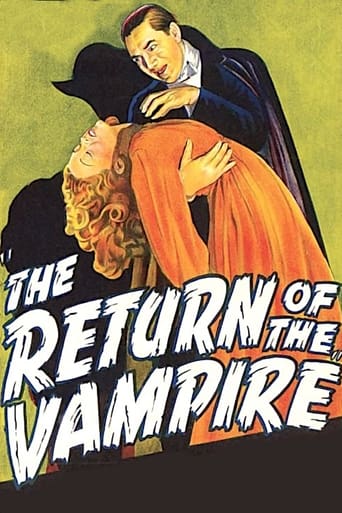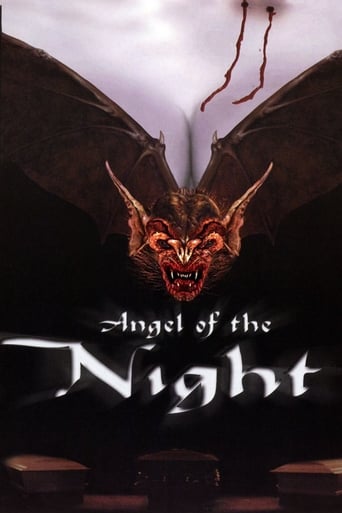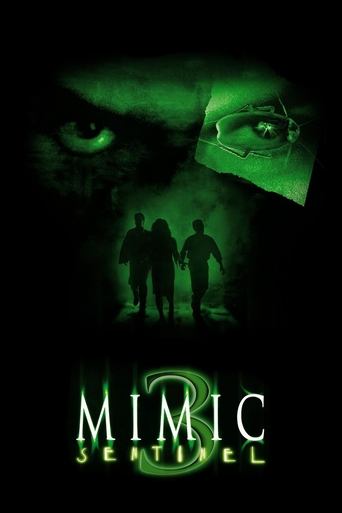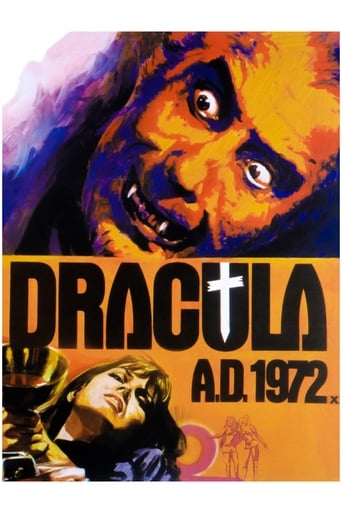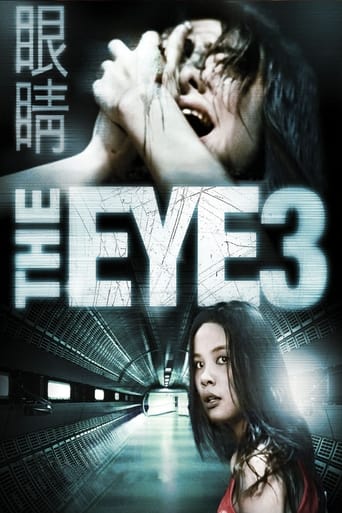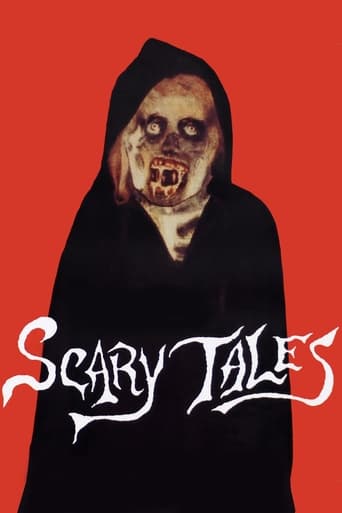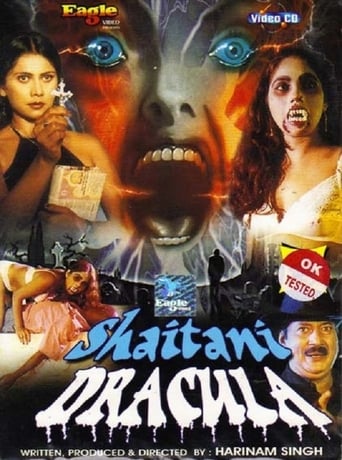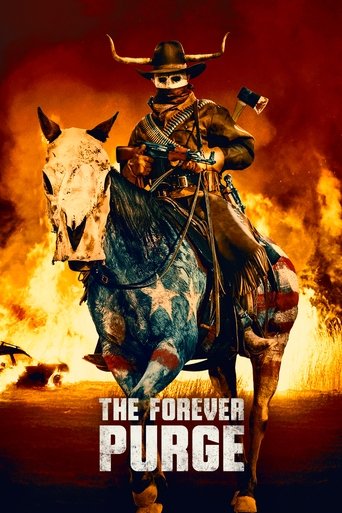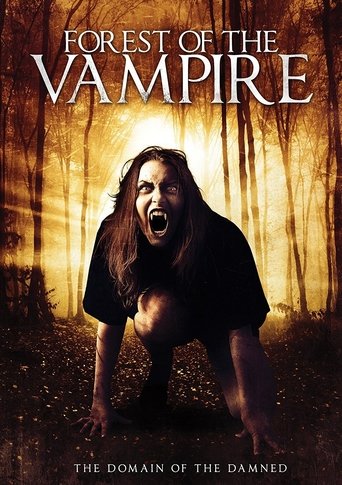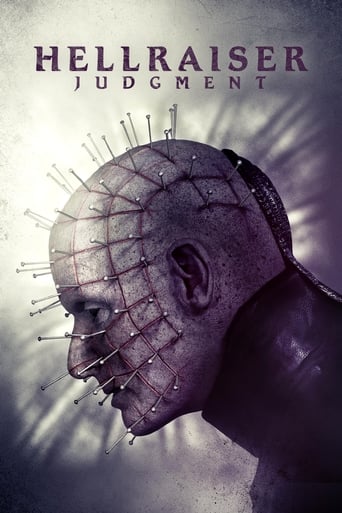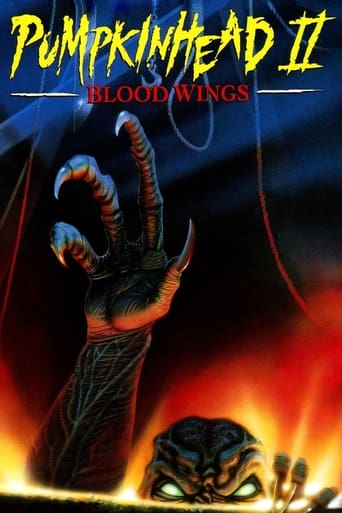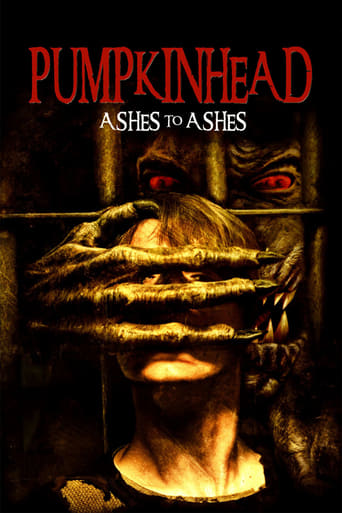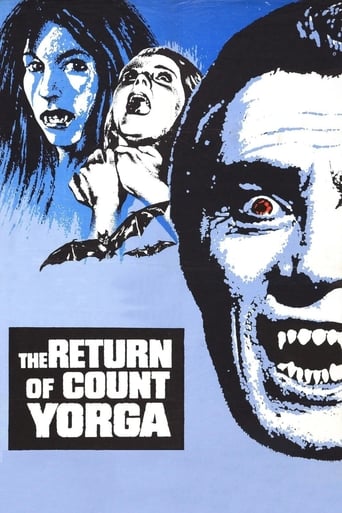
The Return of Count Yorga (1971)
Count Yorga continues to prey on the local community while living by a nearby orphanage. He also intends to take a new wife, while feeding his bevy of female vampires.
- Bob Kelljan
- Joyce King
- Jack Oliver
- Bob Kelljan
- Yvonne Wilder
Rating: 5.488/10 by 43 users
Alternative Title:
Country:
United States of America
Language:
English
Runtime: 01 hour 37 minutes
Budget: $0
Revenue: $0
Plot Keyword: police, san francisco, california, vampire, sequel, mute, quicksand, living dead
**_The darkly suave Count from Bulgaria shows up near an orphanage in the Bay area_** After somehow being resurrected, Count Yorga (Robert Quarry) moves north to purchase the old Gateway Mansion, which is located right by an orphanage and the attractive Cynthia (Mariette Hartley). Disturbing events lead a doctor (Roger Perry) to suspect the Count of being a… vampire. Craig T. Nelson makes his film debut as a subordinate detective. “The Return of Count Yorga” (1971) is more of the same from writer/director Bob Kelljan. Some people prefer it to the original 1970 flick, like Gene Siskel, but I favor the first one. Regardless, this is a solid follow-up with some creative bits. It’s genuinely creepy and, like the original, has the confidence to take its time, creating spooky ambiance, which some viewers might interpret as dull. The success of the low-budget Yorga films inspired Hammer to set their next two Dracula movies in the modern day: "Dracula A. D. 1972" (1972) and "The Satanic Rites of Dracula” (1973). It was also the inspiration for the haunting cult Indie "Lemora: A Child's Tale of the Supernatural" (1973). I have no doubt that Dan Curtis & Richard Matheson’s “The Night Stalker” (1972) and “The Night Strangler” (1973) were also inspired by them. They’re the same team who created the 1974 version of “Dracula” with Jack Palance. Unlike Christopher Lee as the Prince of Darkness and Barry Atwater as vampire Janos Skorzeny, who are laconic and diabolical in a one-dimensional way, Quarry’s nonchalant Count Yorga is a more charismatic character, having way more dialogue than the other two. This is augmented by a revelation in the second half, which likely influenced Coppola’s “Bram Stoker’s Dracula” (1992). The flick runs 1 hour, 37 minutes. Parts of it were shot in the San Francisco area, e.g. the Golden Gate Bridge and Marin Headlands, the latter of which is north of San Francisco and west of the bridge. The orphanage scenes were shot at Camarillo Ranch House in Camarillo, California, which is about 40 minutes west of Los Angeles and northwest of Malibu. The Count’s mansion is Casa Dorinda in Santa Barbara, which is about 50 minutes west of Camarillo and is now a retirement home. GRADE: B-/B

